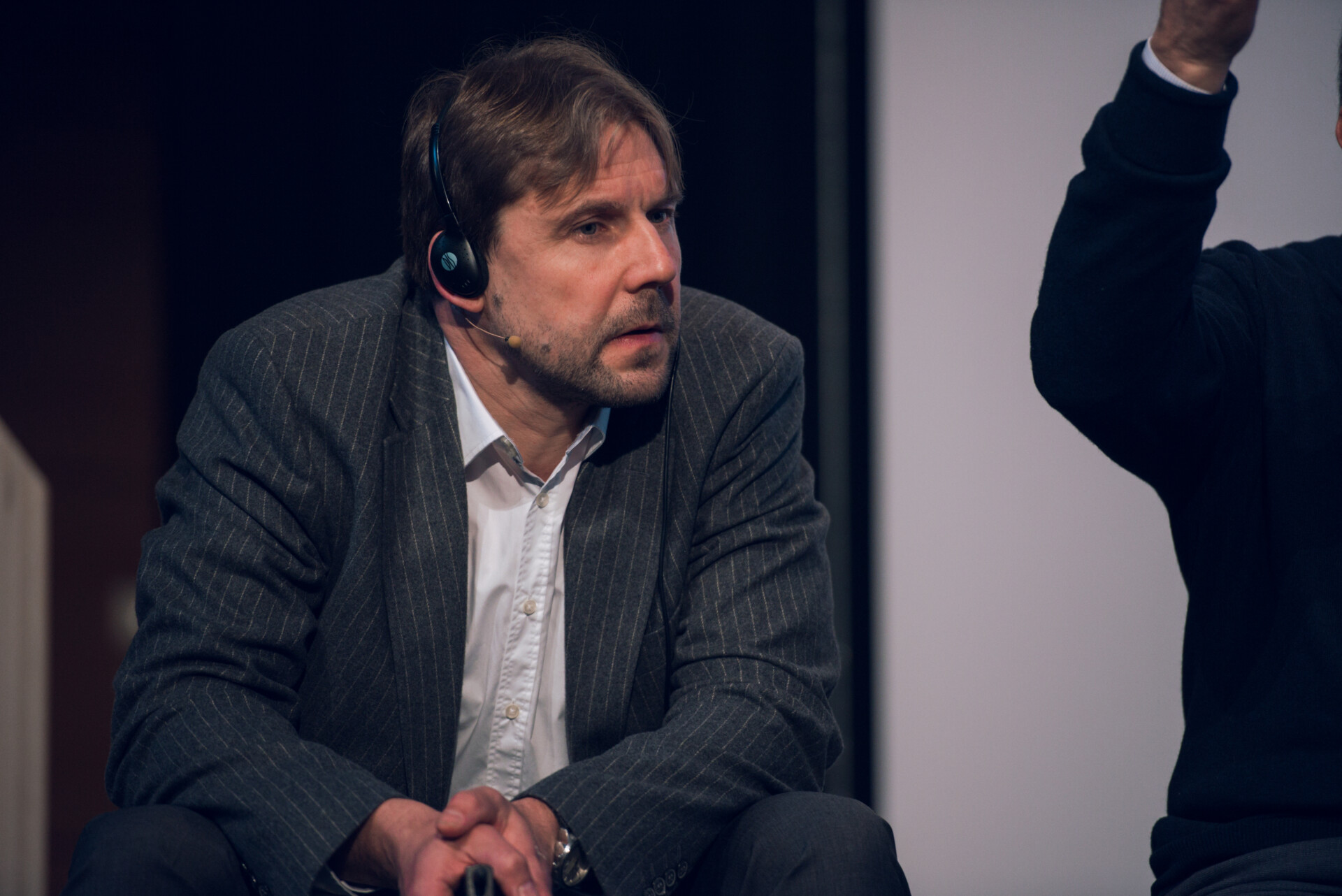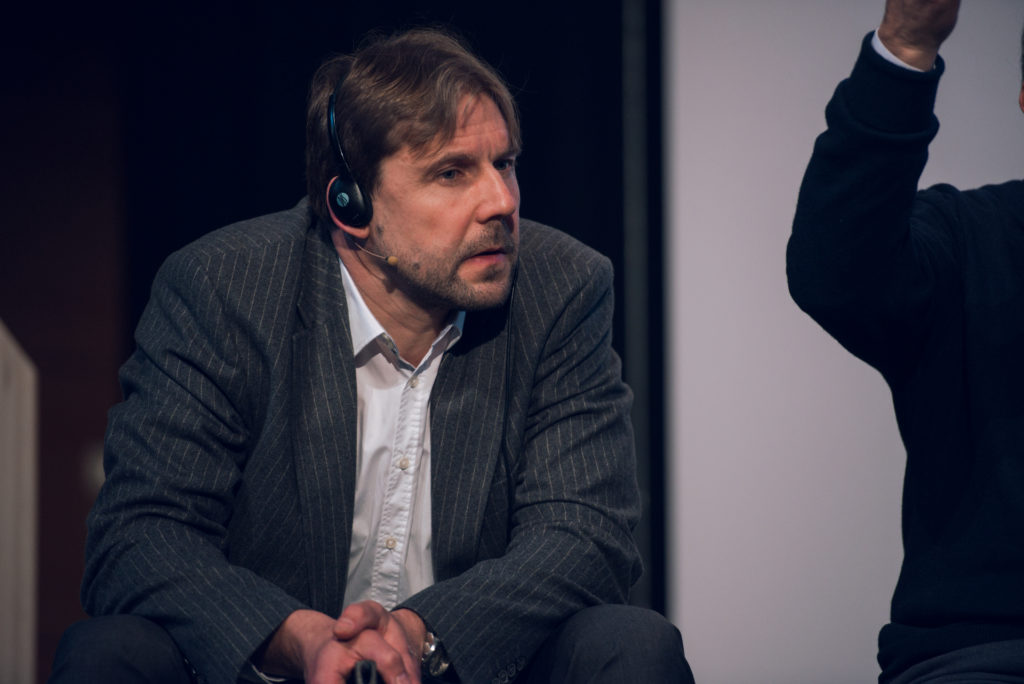From CARE’s Talk “Food and Farming – sowing small seeds, reaping the benefits”
Christian Fischer
Can the world be fed by organic agriculture? Yes, probably its possible, but it needs drastic change in all our consumption behaviour and also in the way we organize our food system.
By 2050 we will have about 10 billion people to feed, most of them, 2/3 actually, will live in big cities and many of them will be of old age. So the whole demographics of our world will change in the next 30-40 years.
In 2050 there will be a 60% increased need for food, half of which has to come from already used land. We will need more food to feed the world – we don’t have unlimited land, this is a big problem.
We have a lot of waste in our world today: 38% of people are overweight, but on the other hand we have about 10% of people who are undernourished and this is not a production problem, but a problem of distribution, this is because some people do not have access to food.
1/3 of all the food that is produced is lost or wasted, but we have a lot of waste also in other sectors. Do you al wear your clothes until they really are not wearable anymore? Do you all drive your cars really until they break down? Having a lot of waste is not only a problem in the food system. Waste can be reduced, but we can not reduce it to 0.
1/3 of the climate change is caused by agriculture, half of that comes from animal production. If we look within the food system, there are actually more than 80% of green house gases that come from agriculture, 5% comes from input production and only 12% comes from food processing, distribution and consumption.
Agriculture is also responsible for 70% of fresh water use, and it is responsible for most of the deforestation.
Finally, if we look at the soil conditions, 1/3 of the earth soil is actually depleted because of intense agriculture.
The core problem is agriculture, and this is sort of funny because food production is meant to keep us alive while now it seems it kills us; how is this possible? It is possible because up to now agriculture has been mostly used as a sort of extractive industry like oil production or coal production. What we need is to have a sustainable agriculture system that does not deplete resources, but gives things back to our system. The way forward actually is to promote sustainable agriculture and that means to produce but at the same time protect our resources. Which resources are we talking about? Basically about 2 types of resources: the abiotic ones ( climate, soil, water, energy) and the biological resources, the living resources (plants, animals, including insects and also the humans).
The farmer is important too. The farmer is a person who has to be able to make a living and needs fair conditions. Then we also need to consider health and that we want to have healthy products – it’s a big issue.
How can we do this?
Minimization of synthetic agrochemicals use: organic fertilization, integrated crop protection, intercropping.
Minimization of water use: plant choice, drip irrigation, moisture sensors.
Optimize of animal welfare: non-use of amputations, adequate resources, prioritising functional features.
Avoidance of soil erosion: crop rotation, no or reduced tillage, cover crops.
Reduction of greenhouse gases: good agricultural practice for animal, herd and manure management, feed optimization, indoor production.
This are scientifically proofed facts and methods, but in reality we have a different approach. We have implementation concepts that we deem as sustainable; in our area we referred to organic and biodynamic agriculture, but there are also more exotic ways.
How can we actually feed the world more sustainably?
We have to consider that all the techniques I’ve mentioned ask to produce less on available land, but the challenge is to produce actually more. How do we do so that? One solution is probably in the human capital, in the people, in the future generations of farmers.
In Italy we have fewer and fewer farmers, and output is actually going down too. Italy is the world best for exporting high quality products but in terms of raw materials it has a real problem. Eggs, olive oil and pasta export is decreasing; a lot of olives and wheat comes form abroad. One solution could be to educate more high skilled farmers, experts in agricultural production and sustainability to sustain intensive farming rather than to have an extension in agriculture.
The way forward is to invest in farming, to have more modern farming, to have smart farming, to have more technology, also mobile and information technology; we need more research and development because farmers need to know more in order to do more and to use sustainable agriculture also on wide land areas; we need more younger famers, more entrepreneurial spirits aware to want a change and able to do it on a larger scale.


